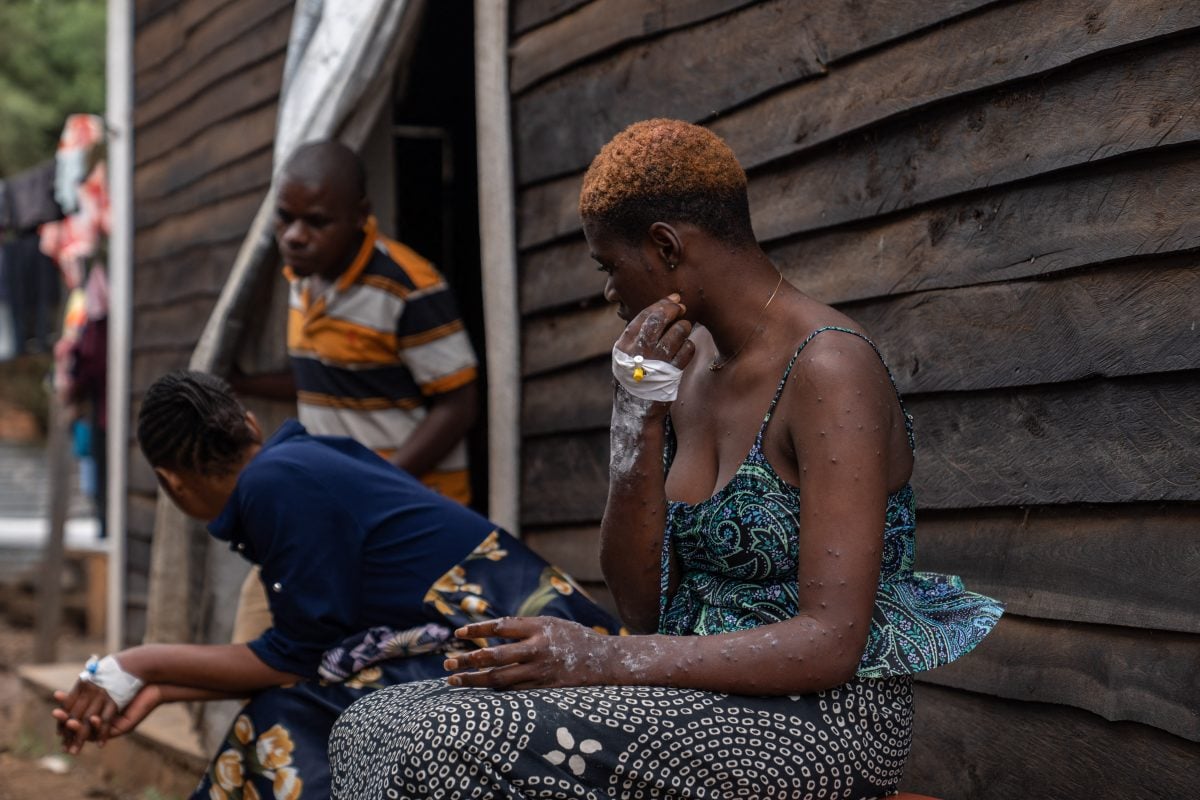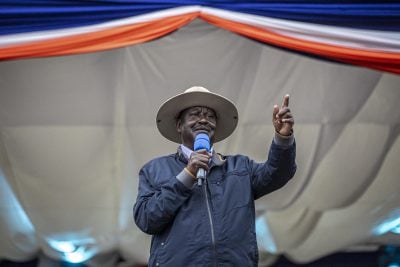The world has yet to fully recover from the Covid-19 pandemic, but already another health emergency is sparking global concern. Nearly 28,000 suspected and confirmed cases of mpox (formerly known as monkeypox) and 738 deaths have been reported from 15 African Union member states this year, according to a 16 September update from Africa Centres for Disease Control and Prevention (Africa CDC). While Africa mostly escaped the worst of Covid-19, due mostly to its young and dispersed population, the continent finds itself on the frontline of the mpox outbreak.
In August Tedros Adhanom Ghebreyesus, director general of the World Health Organization (WHO),determined that the upsurge of mpox in the Democratic Republic of the Congo and a growing number of other countries in Africa constitutes a “public health emergency of international concern”.
A new mpox virus strain, clade 1b, emerged and spread rapidly in DRC last year. It appears to be spreading mainly through sexual networks, and its detection in countries neighbouring the DRC is one of the main reasons the WHO cited for the declaration of the emergency.
Tedros said, “The emergence of a new clade of mpox, its rapid spread in eastern DRC, and the reporting of cases in several neighbouring countries are very worrying. On top of outbreaks of other mpox clades in DRC and other countries in Africa, it’s clear that a coordinated international response is needed to stop these outbreaks and save lives.”
Common symptoms include a skin rash or mucosal lesions lasting two to four weeks, fever, headache, muscle aches, back pain, low energy, and swollen lymph nodes. The virus can be transmitted to humans through physical contact with an infectious person, contaminated materials, or infected animals. The disease can be particularly dangerous for children – approximately 80% of the more than 700 mpox-related deaths in Africa are among children, says UNICEF (originally the United Nations International Children’s Emergency Fund).
A silver lining
While the picture is bad, there is a silver lining: unlike the early days of Covid-19, a vaccine is now available. The WHO has announced the MVA-BN vaccine, developed by manufacturer Bavarian Nordic, as the first vaccine against mpox to be added to its prequalification list. The vaccine can be administered in people over 18-years of age as a two-dose injection given four weeks apart. GAVI, the Vaccine Alliance, has announced an advance purchase agreement to secure 500,000 doses of the vaccine to be supplied to countries in Africa impacted by the mpox outbreak this year. That follows the delivery into the DRC of over a quarter of a million doses of vaccines donated by other nations and Bavarian Nordic.
All this is encouraging – whereas Covid-19 vaccines were largely monopolised by wealthier countries in the early stages, the WHO and partners have already established an access and allocation mechanism that aims to ensure that vaccines and other tools are delivered to people at the highest risk and are used effectively and equitably.
Getting vaccines to those in need
But much work remains to be done. Africa CDC has pledged to deliver 10 million mpox vaccine doses by 2025, and UNICEF says it needs $58.8m to protect children in the most impacted countries from the disease. Tedros says the world must keep up the momentum and avoid the mistakes of Covid-19.
“The Covid-19 pandemic illustrated the need for international coordination to promote equitable access to these tools so they can be used most effectively where they are most needed.
“We urge countries with supplies of vaccines and other products to come forward with donations, to prevent infections, stop transmission and save lives.”
Want to continue reading? Subscribe today.
You've read all your free articles for this month! Subscribe now to enjoy full access to our content.
Digital Monthly
£8.00 / month
Receive full unlimited access to our articles, opinions, podcasts and more.
Digital Yearly
£70.00 / year
Our best value offer - save £26 and gain access to all of our digital content for an entire year!

 Sign in with Google
Sign in with Google 



